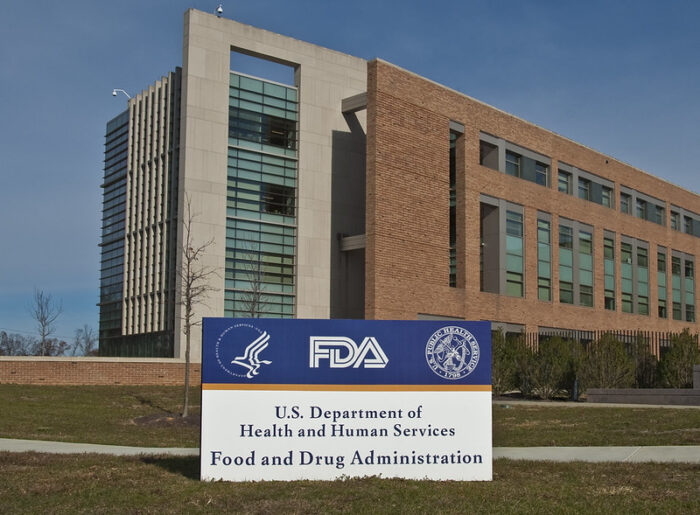
At the top of the Food and Drug Administration’s agenda for the next 12 months: clarifying the rules for AI in healthcare. The FDA’s Center for Devices and Radiological Health (CDRH) recently shared a list of proposed guidances it plans to publish in fiscal year 2022.
To start, the agency plans to publish a long-awaited final guidance on the use of clinical-decision support tools. It would come at a time when the software tools, such as sepsis alerts for clinicians, have come under scrutiny as researchers find they’re not always as accurate as advertised. The FDA has been working on guidance to address this since the 21st Century Cures Act passed five years ago, but has yet to finalize it.
Under the most recent proposed draft, the FDA would look to expand its oversight of algorithms used to treat serious conditions, in addition to those where clinicians can’t review the basis for the suggestion. The change drew several comments, with some groups, like the American Hospital Association, raising concerns that it would result in many existing algorithms becoming subject to the FDA approval process.
Bradley Merrill Thompson, a partner at Epstein Becker & Green, said he was pleased to see clinical decision support at the top of the FDA’s “A-list” for 2022.
“There’s lots of ambiguity,” he said. “The FDA came up with a new draft guidance in September of 2019. We’ve been waiting since then for them to do something.”
Another highly anticipated draft guidance on how to handle changes in cleared algorithms was bumped down to the “B-list,” which came as a surprise after the FDA published a detailed action plan on this at the beginning of the year.

A Deep-dive Into Specialty Pharma
A specialty drug is a class of prescription medications used to treat complex, chronic or rare medical conditions. Although this classification was originally intended to define the treatment of rare, also termed “orphan” diseases, affecting fewer than 200,000 people in the US, more recently, specialty drugs have emerged as the cornerstone of treatment for chronic and complex diseases such as cancer, autoimmune conditions, diabetes, hepatitis C, and HIV/AIDS.
“If you read the action plan in January, it said their goal was to get that out this year. Now, this week they’re saying it’s only a secondary priority,” he said. “That was a really major disappointment.”
Other planned guidance
The FDA plans to clarify more regulations around software as it goes into next year, according to the agenda. Other items on its “A list” include issuing draft guidance around cybersecurity for medical device developers, and a transition plan for devices that were issued emergency use authorizations during the pandemic, or fell under another enforcement policy.
For example, the FDA exempted digital therapeutics for behavioral health from submitting a premarket notification during the pandemic, leading some companies to launch their products on a limited basis. Happify Health rolled out a digital therapeutic for anxiety and depression under this temporary guidance.
Photo credit: FDA, Flickr













